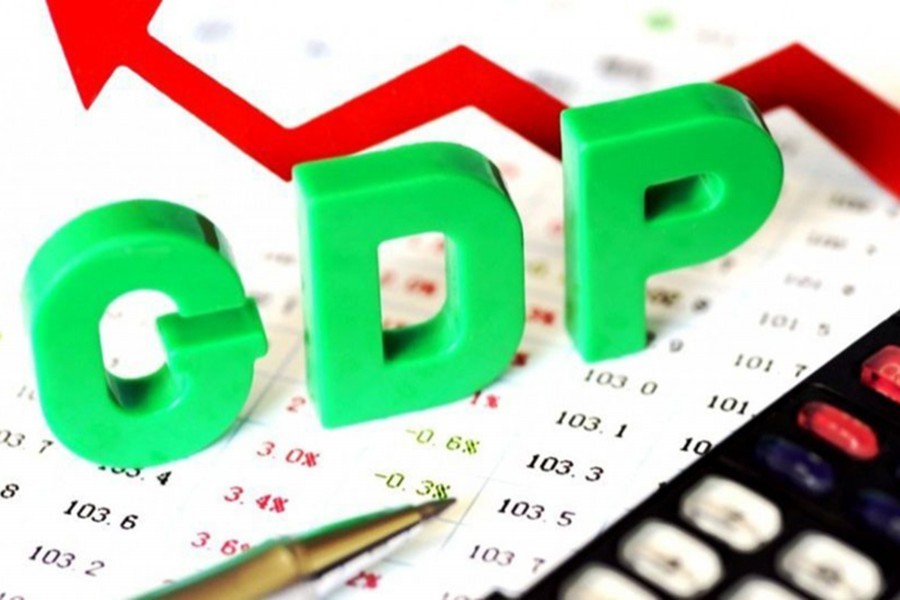Terming the official data 'inconsistent', speakers at a panel discussion on Sunday said there remains 'mismatch' between the government GDP growth projection and major economic indicators.
They also called for ensuring credible and timely data that could eventually help policymakers move towards evidence-based decision-making.
The observations came at a panel discussion titled 'Making Data Meaningful' organised jointly by Bangladesh Bureau of Statistics and World Bank at a city hotel as part of the Launching Workshop of the National Strategy for the Development of Statistics (NSDS) Implementation Project.
The project aims at improving the quality, coverage, and use of core statistics which comply with Special Data Dissemination Standard (SDDS).
Former secretary of statistics division Waliul Islam moderated the panel discussion.
Dr Zahid Hussain, lead economist of the World Bank in Dhaka, was sceptical about the high GDP growth projected by the government saying, "We don't have evidence for storytelling."
The BBS has projected an 8.2 per cent GDP growth for the outgoing fiscal year (FY'19).
Dr Zahid said the government data show that the GDP growth is increasing but economic indicators of the country are not supporting such growth.
"Private sector investment remained stagnant while employment didn't increase. As 'net export' is in negative trend, then how such growth is possible?" he questioned.
Putting emphasis on consistency of the data, Dr Zahid said, "We need fiscal accounting consistency and economical consistency of the data."
He added: "We should have knowledge on what is driving what." He also stressed the need for regular and frequent release of data that could have positive impacts on the economy as a whole.
Talking about the autonomy of BBS, he said: "No one will give you autonomy. It is a matter of practice."
Policy Research Institute of Bangladesh (PRI) chairman Dr Zaidi Sattar said the research organisations depend on the data provided by the BBS.
"If we don't have credible, quality and frequent data, it could put impacts on both long-term and short-term policymaking."
He also said necessary manpower, proper training and digitisation are essential for credible data.
Power and Participation Research Centre (PPRC) executive chairman Dr Hossain Zillur Rahman said BBS should evolve some other issues too while appropriating its design for data process.
"Earlier, we knew that poverty means only rural area. But now, we are observing urban poverty," he said, adding that various changes in dimension and rising diversifications should also be propagated in the BBS data.
UNSIAP, Japan director Ashish Kumar, director of National Statistics Bureau of Bhutan Chhime Tshering, director of policy planning of Department of Statistics, Singapore Tang Hsiu Chin, World Bank senior economist Urmila Chatterjee, project director of NSDS Md Dilder Hossain also spoke on the occasion.


